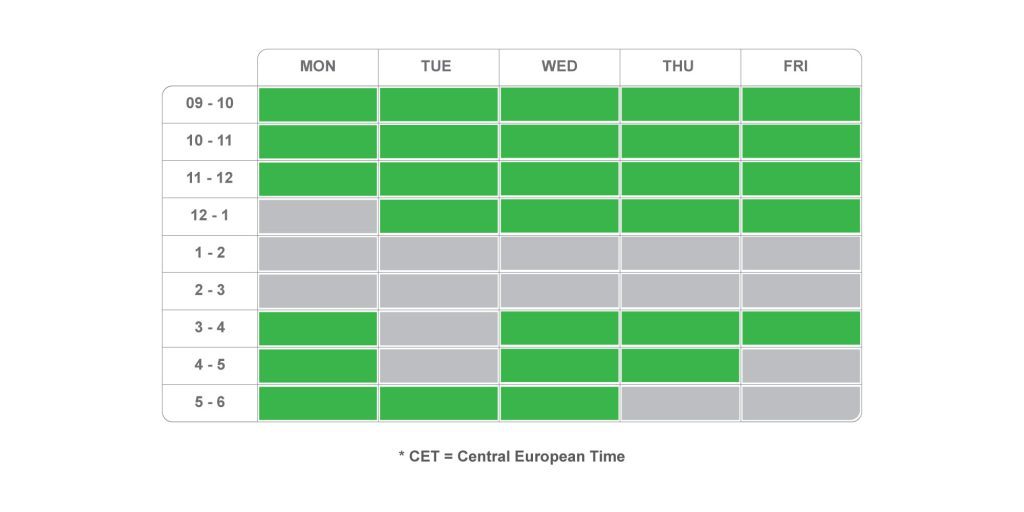[mepr-active rule=”1521″ ifallowed=”hide”]
If there is one thing kids love to do is to make fun of one another, and, more often than not, the target of these mockeries ends up being someone’s body or physique, a phenomenon that we now know as…
[/mepr-active]
[mepr-active rule=”1521″ ifallowed=”hide”]
You need to join the Community to view this content.
[/mepr-active]
[mepr-active rule=”1520″ ifallowed=”hide”]
[mepr-login-form]
[/mepr-active]

Reading
Your reading skills are good if when reading a book, an article or any other text, you can understand everything or nearly everything fairly quickly.
You need to work on your reading skills if:
- You have to read a text multiple times before understanding it fully
- You often get to the bottom of an article only to realize you didn’t understand much
- It takes you a long time to read anything
How To Improve Your Reading Skills
What you need:
- An article or a reading passage
- A monolingual dictionary
- A pen (optional)
Phase 1 - Identify the Problem
1. Identify what is preventing you from understanding the text. Is it because you lack the vocabulary or the grammar knowledge? You might need the help a professional to figure that out.
2. Practicing reading might not be enough. Widening your vocabulary range and learning new grammar structures will help you when it comes to reading as well.
Phase 2 - Break it Down
1. Read the title of the article. Guess what it will be about and try to predict what ideas you might encounter.
2. Read it once and focus on the main message, the gist of the article. Would you be able to summarize it in one or two sentences?
3. Read the article again. This time focus on each paragraph. What is the main idea in each paragraph? You can make a note of it if you want. Don’t worry about any specific words. Try to figure out their meaning using the context.
Phase 3 - Study the Text
1. Now that you know what message/s the text is trying to convey, you can look up the words you are not familiar with. Be selective about the words you choose to look up.
2. Focus your attention on any complicated passages. What made them complicated? Do they look clearer now?
Tips
- Use the context to figure out what a word might mean.
- Read the text at least twice.
- Make sure you are working to widen your grammar and vocabulary range.


